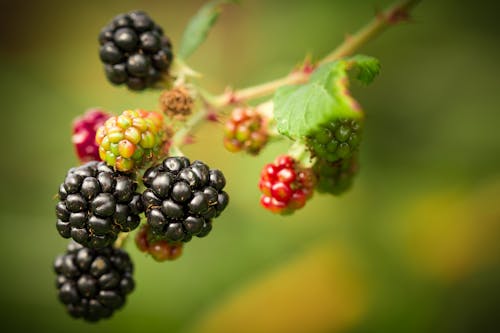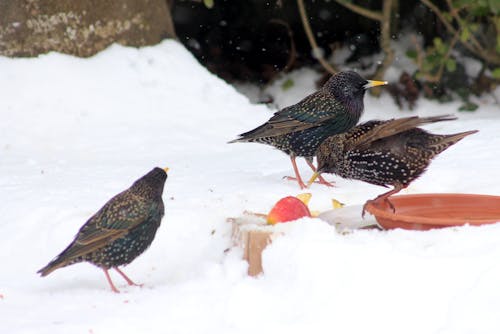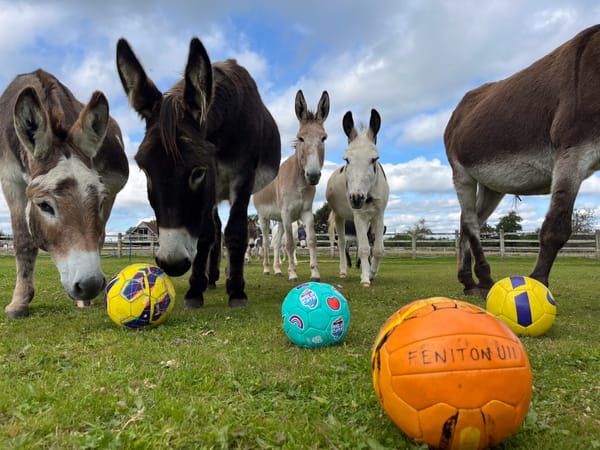WWF Launches 'A Prescription for nature'

By Joel,16, Jill Dando News correspondent
9 IN 10 BRITS SAY SPENDING TIME IN NATURE HAS A POSITIVE EFFECT ON THEIR MENTAL HEALTH, YET A THIRD SPEND TIME IN IT JUST ONCE A WEEK OR LESS, WWF REVEALS
- New research by WWF reveals that spending time in nature is the most common mood-boosting activity for the UK public
- While 89% of Brits say that spending time in nature has a positive effect on their mental health, half wish they spent more time in it and 70% say not enough is being done to protect it
- Just 20 minutes per day on average is enough to improve your wellbeing and WWF is inviting the nation to get their ‘daily dose of nature’ with a new ‘A Prescription for Nature’ hub.
A huge majority of the UK public say spending time in nature has a positive impact on their mental health, yet a third say they spend time in it as little as once a week or less, according to new research, as the World Wide Fund for Nature (WWF) launches a new ‘A Prescription for Nature’ campaign and toolkit, with the support of ITV This Morning’s Dr Sara Kayat.

With one in six people reporting a common mental health problem, such as anxiety or depression, in any given week in England, it is clear that the country is experiencing a mental health crisis. [1]
Engaging with nature supports good mental health [2], and research has found that that being in nature for just 20 minutes a day on average is enough to improve our mental wellbeing [3, 4].

The natural world provides the food we eat and the water we drink. It can also boost our mood, help us cope with stress, reduce anxiety and even raise our confidence.
New research by More in Common for WWF [4] reveals that almost 9 in 10 (89%) of UK public say that spending time in nature has a positive effect on their mental health, with 69% opting to spend time outside if they want to lift their mood over other mood-boosting activities such as listening to music, watching TV or speaking to a family member.

Nearly three quarters (73%) of the UK public say they feel calm when in nature and 61% feel happy.
The survey also revealed that a third of those who wish they spent more time in nature say the greatest barrier stopping them accessing nature regularly is not having time, and a fifth that they don’t have enough natural space near them. One in eight people say they do not feel safe in the natural spaces near them, with this rising to nearly a quarter (23%) of 18–26-year-olds.
WWF is encouraging the nation to get their ‘daily dose’ of nature, showing how it's possible for everyone, wherever you live, to benefit from a daily dose.
A Prescription for Nature
With backing from ITV’s Head First award, WWF’s A Prescription for Nature campaign is highlighting how connecting with nature can help us thrive, including a TV ad featuring Dr Sara Kayat.
WWF has created an online hub aimed at both individuals and families with easy, bitesize, personalised prescriptions to help get their daily dose, no matter their circumstances or the weather.
Just 20 minutes of nature on average per day can do wonders, and you don’t always have to go outside to experience the wellbeing wonders of nature if doesn't feel right to you at any time – nature’s therapy can be brought into your home.
From weekly forest adventures or experiencing the sensations of each season in your local park, to propagating houseplants, growing herbs or enjoying the soothing sounds of the Amazon rainforest while at home, there is a daily dose to suit everyone’s lifestyle.

Time in nature is not a replacement for other treatment approaches to mental health problems, but can be an effective complement, and following recent successful NHS pilots [6], GPs may be more likely than ever to write out a nature prescription, directing patients to ‘green activities’ for their wellbeing.
WWF’s A Prescription for Nature is a self-prescription that both individuals and families can benefit from to improve and maintain their mental health, however they are feeling on any day.
Tanya Steele, CEO at WWF, said:
“Spending time in nature is proven to boost our wellbeing, whether it’s taking a walk through your local park or woodland, watching the birds from your window or marvelling at a starry sky as the nights draw in.
“The evidence is clear – getting a daily dose of nature, even just for 20 minutes a day, can reduce anxiety and improve our mood, as well as making us more likely to take action to protect the health of our planet. Quite simply, when we restore nature, nature restores us.”
Joe Wicks, fitness coach and presenter, said:
"Spending time in nature works wonders for both children and adults' mental health and physical wellbeing. I’m proud to be supporting WWF with this important campaign, not only raising awareness about the vital role nature plays in enhancing our own wellbeing, but also highlighting that if we look after nature, it will look after us too. Excited to see more and more people getting outdoors and getting their daily dose of nature."
Miles Richardson, Prof. Miles Richardson, lead of the Nature Connectedness Research Group at the University of Derby:
“Our bodies and minds are calmed by engaging with nature. Simply pausing for a moment to regularly notice the sounds, sights and textures of nature starts to help manage our moods and feel good.
“Simple things, such as noticing the song of a robin or the fall of leaves can be powerful, because just as a bird needs the sky, a fish the river and apes the forest, people need nature too.”
Learn more about A Prescription for Nature and how to get your daily dose at wwf.org.uk/prescription-for-nature
Download the Thriving with Nature guide by WWF and the Mental Health Foundation to help connect with nature throughout the year.
For more information on WWF’s research and evidence base on this topic please go to www.wwf.org.uk/our-reports/pfn-evidence
If you’re concerned that you’re developing a mental health problem, you should speak to your GP or call 111 for advice. If you need urgent help, call 999 or go to A&E.





